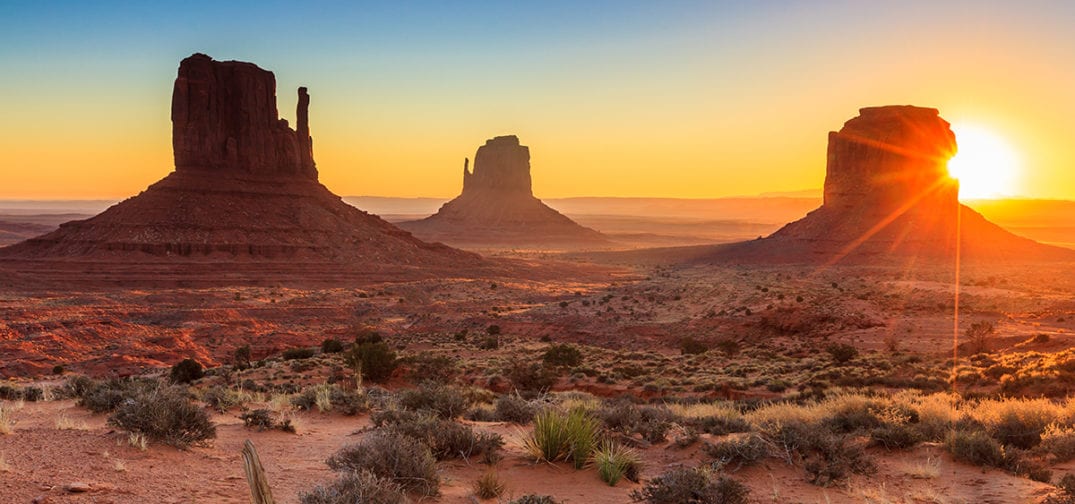The Navajo Nation Council has passed an amendment officially defining “marijuana” as all parts of the cannabis plant. Additionally, the resolution allows for civil property forfeiture for offenses related to cannabis possession, transportation, sale, use, trade, or delivery, and requires Navajo Nation officials convicted of such offenses to forfeit their elected office or employment.
Currently, the Navajo Nation allows neither hemp nor THC-rich cannabis production, except for a government-backed hemp pilot program in partnership with New Mexico State University.
The resolution comes about three weeks after District of Shiprock Judge Genevieve Woody issued a temporary restraining order halting hemp production on Navajo lands as Tribal leaders claim hemp cultivator Dineh Benally has used an unapproved hemp farm on the reservation as a front for THC-rich cannabis, according to an AZ Central report. Benally argues that the passage of the 2018 Farm Bill allowed him to cultivate hemp and Navajo law had no penalty for growing hemp.
Tribal leaders claim that Benally has used his position on the San Juan River Farm Board, which represents about six or so communities or chapters on the Navajo Nation, to grant land-use permits to grow hemp and his ownership of the Native American Agricultural Company to produce the crops.
In a press release, Navajo Nation President Jonathan Nez said the resolution sends “a clear message to all Navajo Nation residents and visitors, officials, and those in elected office” that they will be held accountable for cannabis-related crimes on Tribal land.
Vice President Myron Lizer said the amendment “provides a future of economic development with industrial hemp production” but the rules must be approved by Tribal lawmakers and leaders.
Get daily cannabis business news updates. Subscribe
End
